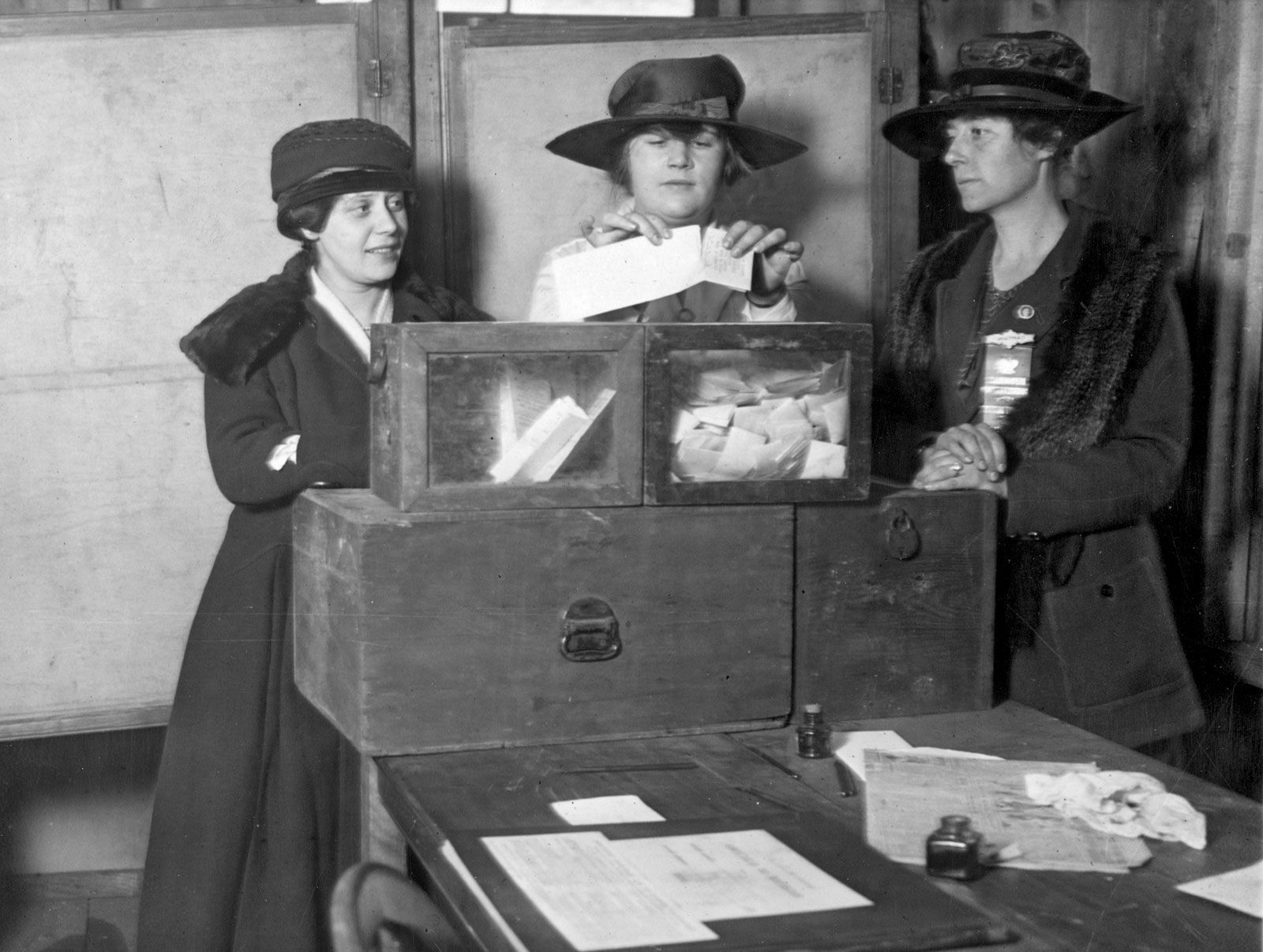Step back in time to the year 1870, a pivotal moment in the history of voting rights in the United States. This quiz will challenge your understanding of the laws, amendments, and societal norms that determined who had the power to vote. From the 15th Amendment to state-specific regulations, see if you can navigate the complexities of the era’s electoral landscape. Ready to test your knowledge and see if you could have voted in 1870? Let’s get started!
We recommend that you do not leave the page that you are taking this quiz in. Stay honest 🙂
Could You Vote in 1870 Quiz Questions Overview
1. What did the 15th Amendment to the U.S. Constitution, ratified in 1870, primarily address?
Women’s right to vote
Prohibition of racial discrimination in voting
Lowering the voting age to 18
Establishing the Electoral College
2. Which group was still largely disenfranchised despite the 15th Amendment?
African American men
Women
White men without property
Native American men
3. In 1870, which of the following states had the most restrictive voting laws for African Americans?
Mississippi
New York
California
Ohio
4. What was a common method used to disenfranchise African American voters in the South after the 15th Amendment?
Literacy tests
Poll taxes
Grandfather clauses
All of the above
5. Which of the following was NOT a requirement for voting in many states in 1870?
Property ownership
Literacy
Payment of a poll tax
Proof of citizenship
6. Which amendment eventually granted women the right to vote in the United States?
13th Amendment
14th Amendment
15th Amendment
19th Amendment
7. What was the primary purpose of the Enforcement Acts passed in the early 1870s?
To enforce Prohibition
To protect African American voters from violence and intimidation
To establish a federal income tax
To regulate interstate commerce
8. Which state was the first to grant women the right to vote in 1869, before the 19th Amendment?
New York
Wyoming
California
Texas
9. What was the significance of the Supreme Court case Minor v. Happersett (1875)?
It upheld the right of women to vote
It declared literacy tests unconstitutional
It ruled that the 14th Amendment did not grant women the right to vote
It abolished poll taxes
10. Which group was primarily targeted by the grandfather clauses enacted in the South?
White men
African Americans
Women
Immigrants
We recommend that you do not leave the page that you are taking this quiz in. Stay honest 🙂











